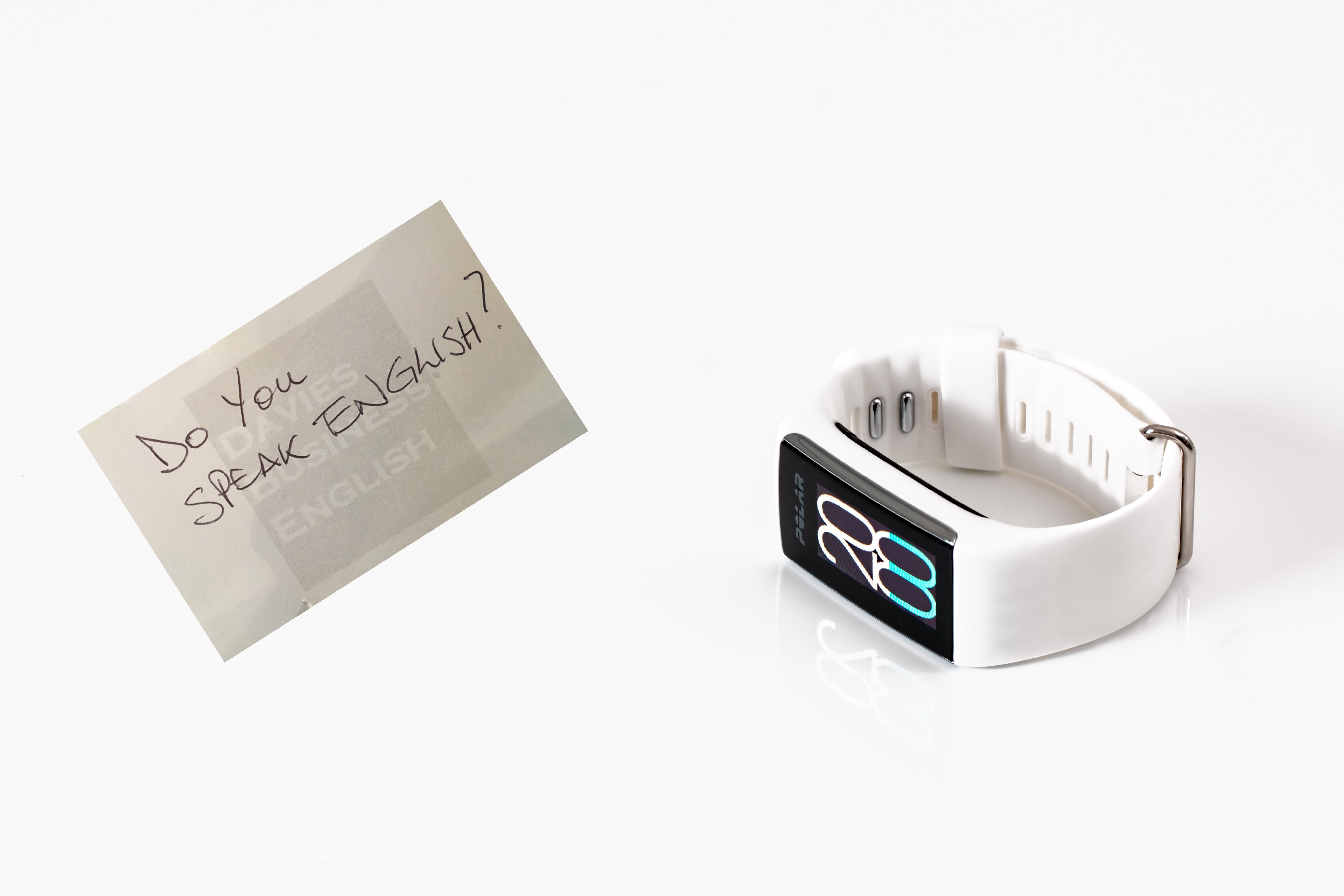Wouldn’t it be great if there were a device that you could wear which told you how well you were doing with developing your language skills, giving you the motivation to keep going or to do just a little more? Just like your smartwatch, it would monitor you all the time and, perhaps, vibrate when it detected a grammatical error or the choice of an incorrect word. Is this a technological fantasy or a vision of the future? I don’t know. However, I do know that monitoring short-term progress is important for maintaining motivation and connection with the longer-term goal. That’s why wearable devices for monitoring exercise and fitness have become so popular. If we can’t see the results we’re not likely to continue with the efforts. This is a big challenge for language learners, especially when it’s not necessary to use the language on a daily basis in order to live, like most people who learn in classrooms in their native countries.
Of course, we have exams and tests to measure progress but they tend to be very artificial, for example, testing knowledge by leaving a word out of a phrase and giving a multiple choice solution. When was the last time someone spoke to you like that?
A more realistic method of assessing progress is the use of flash cards and a phased repetition learning system. The cards have a phrase in the target language on one side and the equivalent phrase in the native language on the other. By a simple process of regular and repeated repetition, the phrase can be recognised and understood when reading and also produced orally when looking at the phrase in the native language. Once learned through daily repetition, the flash card can be moved on to another pack to be revised regularly at increasingly longer intervals until mastered. Progress is seen through the development of packs of cards learned. Simple and effective.
